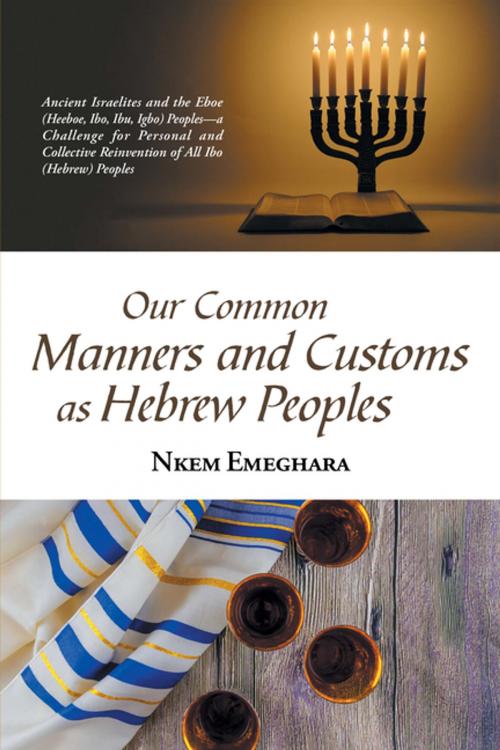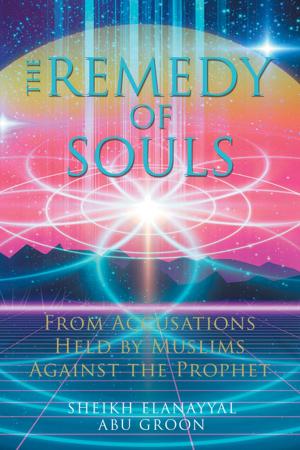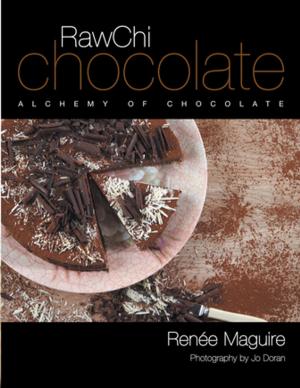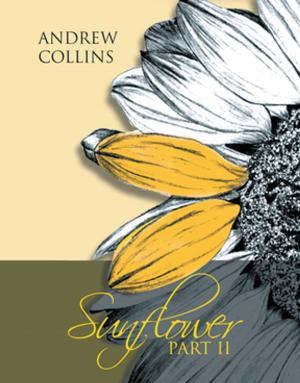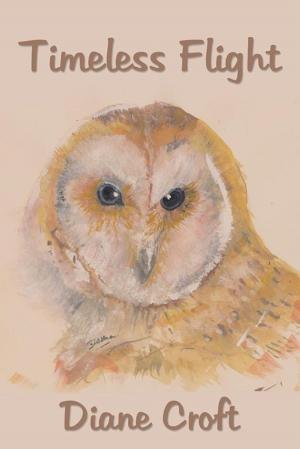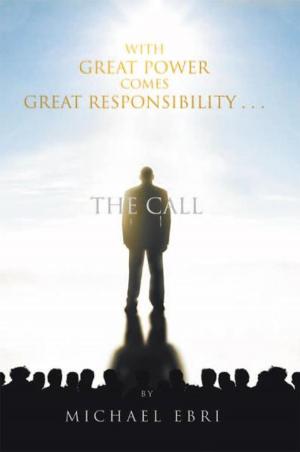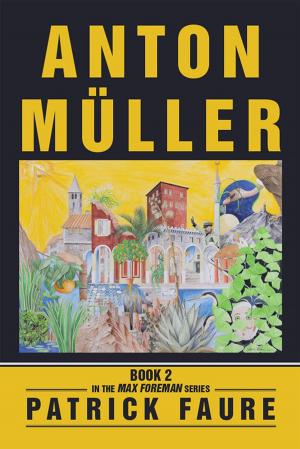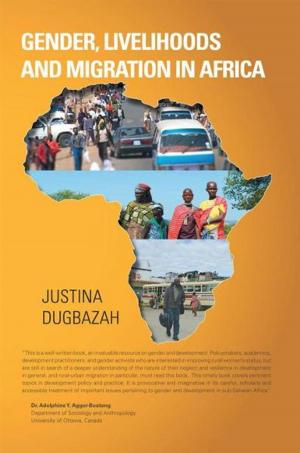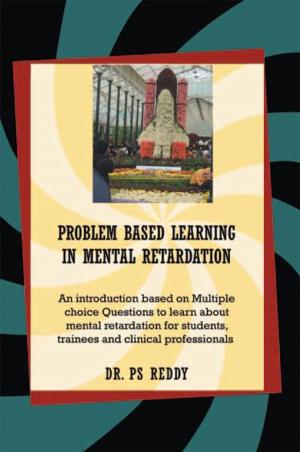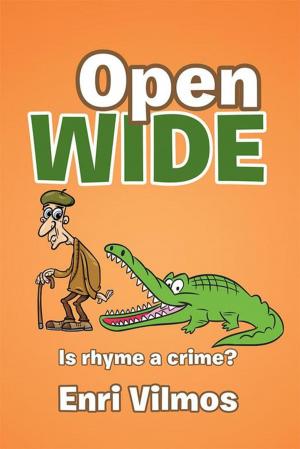Our Common Manners and Customs as Hebrew Peoples
Ancient Israelites and the Eboe (Heeboe, Ibo, Ibu, Igbo) Peoples—A Challenge for Personal and Collective Reinvention of All Ibo (Hebrew) Peoples
Nonfiction, Religion & Spirituality, Reference, General Reference, History| Author: | Nkem Emeghara | ISBN: | 9781543490459 |
| Publisher: | Xlibris UK | Publication: | May 23, 2018 |
| Imprint: | Xlibris UK | Language: | English |
| Author: | Nkem Emeghara |
| ISBN: | 9781543490459 |
| Publisher: | Xlibris UK |
| Publication: | May 23, 2018 |
| Imprint: | Xlibris UK |
| Language: | English |
Dr. Ola Udah (literal meaning: Judahs offering or Judahs ornament) Equiano (possibly ekwe alu a) was right when he identified his Eboe people as presenting same manners and customs as the Israelites of the old times as illustrated in the book of Leviticus. This study attempts to be an evidence to this assertion. It is a product of a research that began since 1983 and is barely concluded in 2018. The reader would readily realize that the research on this topic has only begun. Changes, modifications, and even eliminations of manners and customs of people through the generations make continuation of this study inevitable. This would be especially expected when examining ancient cultural issues today. Although the study did not strictly begin as another attempt to prove the identity of the Ibos as the Jews enunciated in the Old Testament designation of the children of Jacob, it has however added a relevant credence to that fact. Some of the manners and customs examined include similarities in the use of words and meanings, ritual practices, beliefs, personal attributes, and aspirations that are common to the Eboe (Heeboe, Ibu, Ibo, Igbo) peoples and the ancient Israelites. The book is basically a call for individual and collective reinvention of Eboes (and indeed worldwide Jews) for collective survival in a hostile world. The book interprets a true present-day Hebrew as the true worshipper of the I am that I amthe G-d of our fathers who singled out Abraham and Jacob, our common ancestral fathers, and chose them for a mission to the world. The book finally suggests a version of Christianity centered on YeshuaJesus the Christand his message in the New Testament, a version of Christianity that would include relevant aspects of our omenala (law) among other recommendations. This is a book no one should ignore as it should be an eye-opener to the facts relevant to finding the solution to a long-standing identity crisis of the Eboe people.
Dr. Ola Udah (literal meaning: Judahs offering or Judahs ornament) Equiano (possibly ekwe alu a) was right when he identified his Eboe people as presenting same manners and customs as the Israelites of the old times as illustrated in the book of Leviticus. This study attempts to be an evidence to this assertion. It is a product of a research that began since 1983 and is barely concluded in 2018. The reader would readily realize that the research on this topic has only begun. Changes, modifications, and even eliminations of manners and customs of people through the generations make continuation of this study inevitable. This would be especially expected when examining ancient cultural issues today. Although the study did not strictly begin as another attempt to prove the identity of the Ibos as the Jews enunciated in the Old Testament designation of the children of Jacob, it has however added a relevant credence to that fact. Some of the manners and customs examined include similarities in the use of words and meanings, ritual practices, beliefs, personal attributes, and aspirations that are common to the Eboe (Heeboe, Ibu, Ibo, Igbo) peoples and the ancient Israelites. The book is basically a call for individual and collective reinvention of Eboes (and indeed worldwide Jews) for collective survival in a hostile world. The book interprets a true present-day Hebrew as the true worshipper of the I am that I amthe G-d of our fathers who singled out Abraham and Jacob, our common ancestral fathers, and chose them for a mission to the world. The book finally suggests a version of Christianity centered on YeshuaJesus the Christand his message in the New Testament, a version of Christianity that would include relevant aspects of our omenala (law) among other recommendations. This is a book no one should ignore as it should be an eye-opener to the facts relevant to finding the solution to a long-standing identity crisis of the Eboe people.
